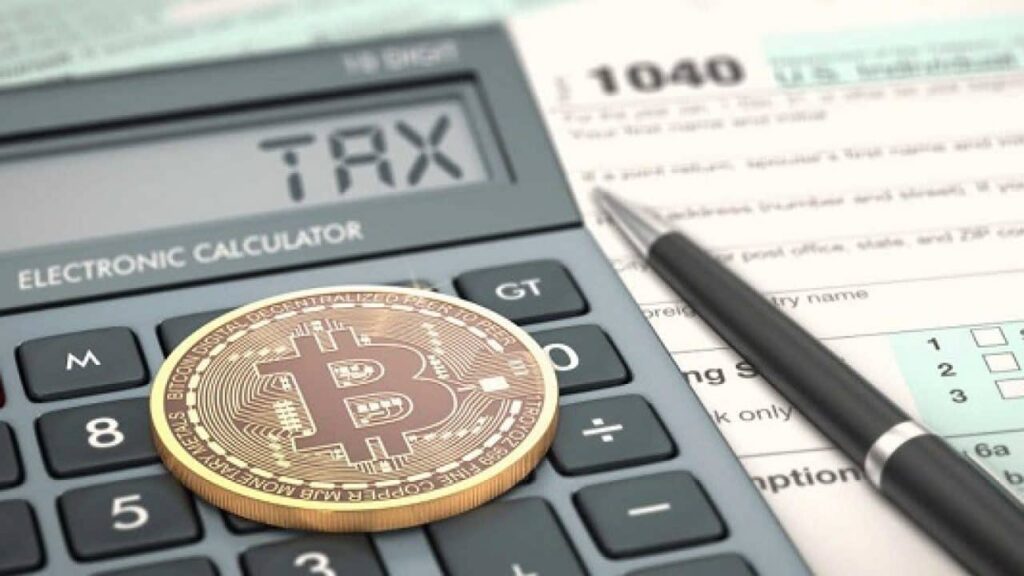The US Treasury and IRS have announced new crypto broker tax requirements for 2025, deferred DeFi and wallet regulations, and aim to harmonize reporting with traditional brokers.

The Internal Revenue Service (IRS) and the US Department of the Treasury have issued new tax guidelines for cryptocurrency exchangers, which will mandate transaction reporting beginning in 2025.
However, the IRS is still in the process of evaluating the 44,000 comments submitted by the public, which has resulted in the postponement of decisions regarding DeFi activities and unhosted wallet providers under this new regime.
IRS’s New Reporting Requirements for Brokers
The new IRS rules mandate that cryptocurrency brokers, including trading platforms, hosted wallet services, and digital asset kiosks, disclose the specifics of their customers’ asset movements and gains.
However, the aim of these regulations, which will be implemented on January 1, 2025, is to facilitate the integration of crypto brokers with traditional investment firms to submit 1099 forms and cost basis data beginning in 2026.
A saving grace amongst all the crypto regulatory news today : at least we won’t have to write a response to the final rulemaking on the IRS broker rule and non-custodial entities over the 4th of July week: pic.twitter.com/CbLfwIBoGY
— Peter Van Valkenburgh (@valkenburgh) June 28, 2024
Furthermore, the IRS has disclosed that the new regulations will encompass stablecoin transactions and any high-value non-fungible tokens (NFTs).
However, conventional sales of stablecoins below $10,000 and NFT gains below $600 annually are exempt from reporting requirements.
This regulation aims to improve compliance and reduce tax evasion in the high-risk sector of digital assets.
Deferred Decisions on DeFi and Unhosted Wallets
Although the new rule includes explicit instructions for major centralized exchanges such as Kraken and Coinbase, it defers decisions regarding the providers of unhosted wallets and DeFi activities until a later date.
Moreover, the IRS also stated that non-custodial industry participants would not be prohibited from being regarded as brokers; however, additional analysis is necessary.
The definitive regulations for these entities are anticipated to be published in the latter half of the year.
In addition, the IRS emphasized the challenges of overseeing non-custodial companies, recognizing that these entities may lack the requisite transparency frameworks and customer data.
This decision offers a temporary respite to the DeFi sector and unhosted wallet providers, as it allows for the development of more effective regulations.
IRS Requirements for Stablecoins and NFTs
The IRS has clarified that the majority of standard stablecoin transactions will not require reporting, with the exception of those that generate more than $10,000 in annual revenue and those that are large.
Furthermore, the IRS will be able to monitor the activities of whales while also alleviating the burden on common cryptocurrency users by recording stablecoin transactions in a grouped manner, as opposed to specific transactions.
Taxpayers who have earned $600 or more annually from NFT sales are required to disclose their total income for non-fungible tokens (NFTs).
Additionally, the IRS will necessitate the taxpayer identification information, the number of NFTs sold, and the profit generated in these reports.
The agency will supervise NFT reporting to guarantee that it effectively assists in the enforcement of tax laws.
Industry Concerns and Compliance Burden
The cryptocurrency industry has expressed substantial opposition to the implementation of these tax regulations, which has incited controversy.
However, the potential overreach of the U.S. government and the burdensome requirements on entities that do not customarily function as brokers, such as miners and software developers, have been the subject of concern.
The Digital Chamber and the Blockchain Association had previously expressed concern regarding the enormous compliance burden and the extensive scope of the information requested.
They contend that the proposed rule could necessitate the submittal of billions of forms, which would place substantial time and cost constraints on brokers.
Meanwhile, the IRS has predicted that the new rule will have an impact on about 15 million individuals and 5,000 businesses.
In response, the IRS stated that its objective is to strike a balance between the industry’s ability to comply and the necessity for comprehensive reporting.
The agency also observed that any future modifications to legislation concerning stablecoins could result in modifications to the tax regulations.
